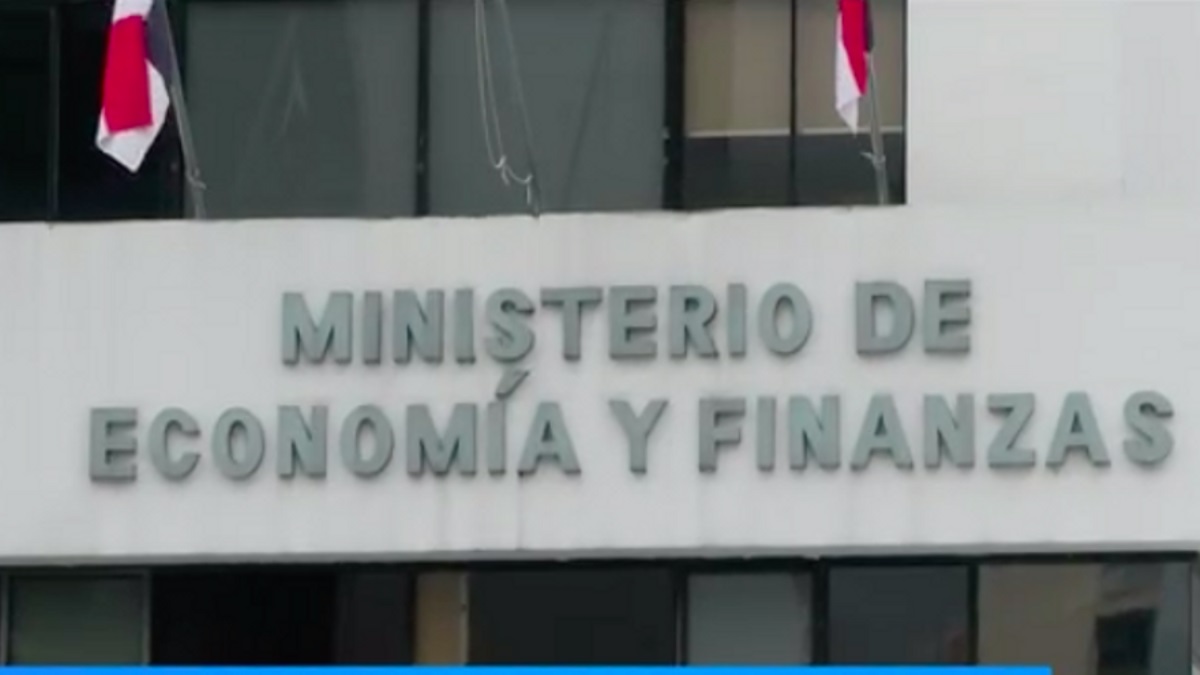Panama Government Disagrees with Fitch
The Panama Government disagrees with the Fitch Ratings. This reduction 'does not reflect a correct evaluation of the macroeconomic and social situation of Panama'. According to the Government, the country's economic fundamentals remain solid. The government reaction comes after Thursday morning, when Fitch Ratings lowered Panama's rating and removed the country's investment grade. The official communication highlighted that the rating agency's report stated that the closure of the mine was an important factor in the decision made. “The closure of the mine will significantly affect growth this year, given that it represents around 5% of GDP (through direct and indirect effects) and 7% of current external income,” Fitch Ratings indicated.
The rating agency also downgraded the country's long-term foreign currency issuer default rating to “BB+” from “BBB-,” with a “stable” outlook. For the Government, this reduction "does not reflect a correct evaluation of the macroeconomic and social situation of Panama" and also gives greater relevance to the closure of the copper mine and the political situation in the country. According to the Panamanian government, the country's economic fundamentals, which support the credit rating, remain solid, with robust economic growth, low inflation, a reduction in the level of unemployment and compliance with fiscal goals.
“Our economy grew by 7.3% in 2023 and we have complied with the decreasing fiscal limits, established in the Fiscal Social Responsibility Law since 2020.” A point that the Panamanian government highlighted is that the rating agency's report stated that "Panama's performance is better than expected in recent years and suggests an increase." “The Republic of Panama deplores the unusual timing chosen by Fitch Ratings to issue this report. It is striking that the rating agency has made this decision to lower Panama's rating, just 38 days before the general elections on May 5. This is contrary to the position usually adopted by risk rating agencies during electoral periods”.
